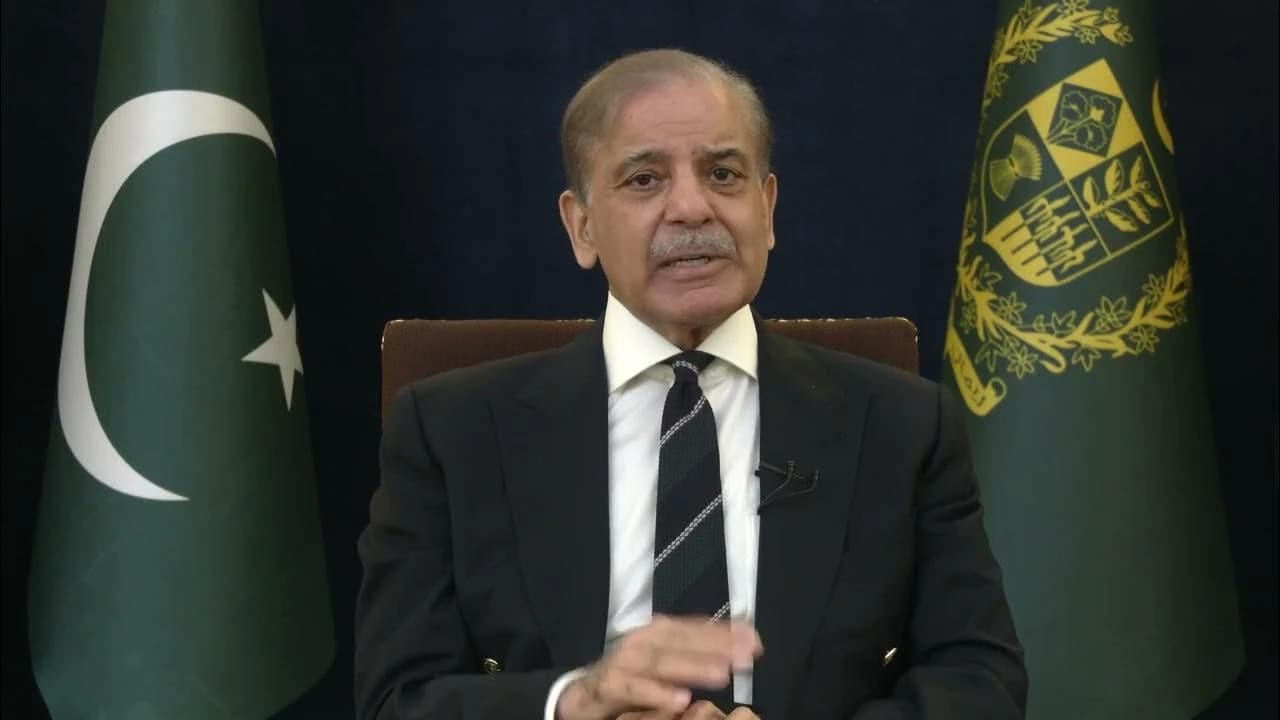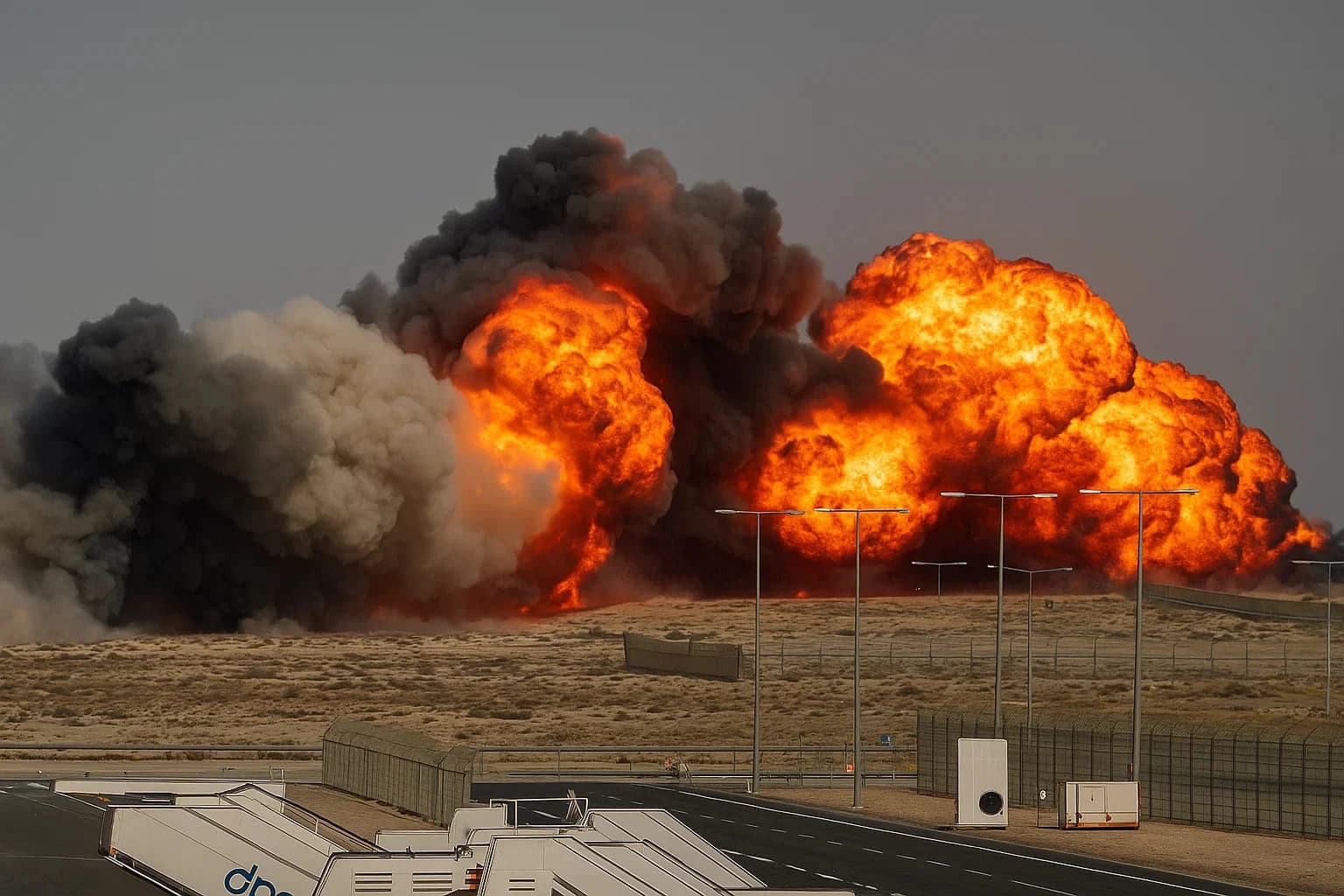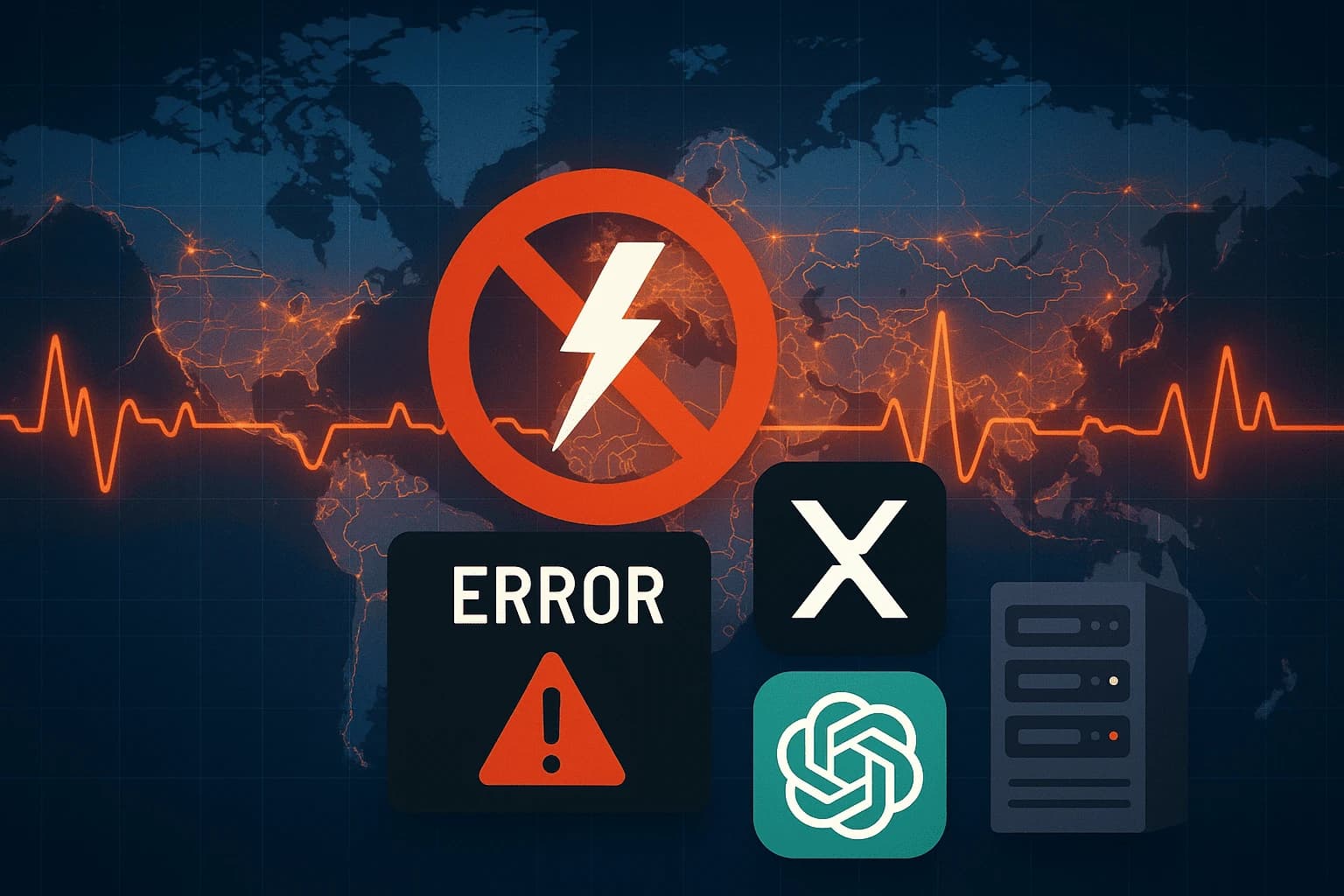© 2025 Roz UpdatesbyTETRA SEVEN

* All product/brand names, logos, and trademarks are property of their respective owners.
In a dramatic move underscoring escalating regional tensions, Prime Minister Shehbaz Sharif convened an emergency meeting of Pakistan’s National Command Authority (NCA). This urgent session follows rising fears of a full-blown conflict between Pakistan and India, amid reports of cross-border missile activity and heightened military alerts.
The crisis intensified after Indian missile strikes allegedly hit Pakistani airbases, triggering Pakistan’s launch of Operation Bunyan Al Marsoos. The retaliatory campaign targeted installations across Indian-administered Kashmir, marking a serious escalation.
This NCA meeting is critical, as it governs Pakistan’s nuclear strategy and national defense posture. Key figures from the National Security Committee (NSC), military intelligence, and strategic forces command attended, highlighting the gravity of the threat.
As international observers warn of potential nuclear engagement, diplomatic channels are active. The United Nations, China, and the United States have all issued calls for immediate de-escalation.
Shehbaz Sharif’s swift action came after India’s suspected missile deployments near the LoC. Pakistan’s leadership viewed these as direct provocations, warranting immediate strategic coordination.
The emergency NCA meeting served to evaluate real-time intelligence, military readiness, and possible retaliatory actions — all in line with Pakistan’s defense doctrine.
A primary focus of the National Command Authority (NCA) meeting’s agenda was the readiness of Pakistan’s nuclear command and control infrastructure. The NCA reviewed the current status of strategic assets, assessing operational protocols in line with any future threats from India. While reiterating Pakistan’s policy of credible minimum deterrence, officials warned against any misadventures by adversaries that could provoke a disproportionate response.
The inclusion of Pakistan Air Force (PAF) leadership and strategic command units highlighted elevated alert levels across key military installations. Observers noted parallels to previous NCA doctrines and decisions taken during the 2019 Pulwama-Balakot standoff, signaling a recurring pattern in Pakistan’s deterrence strategy when faced with military escalation from India.
The world’s response was swift. The United States Department of State called for immediate de-escalation, emphasizing the need for both India and Pakistan to resolve disputes through peaceful dialogue. Meanwhile, China's Foreign Ministry reaffirmed its support for a diplomatic resolution and urged both sides to maintain regional stability. UN Secretary-General António Guterres expressed “deep concern,” calling on both nuclear-armed nations to avoid any provocative actions that could worsen the situation.
Major international outlets like the BBC, Al Jazeera, and The Guardian have closely followed the emergency NCA meeting, underlining its potential to redefine South Asia’s fragile security balance. Global think tanks such as Carnegie Endowment for International Peace warned that ongoing military skirmishes could escalate into a catastrophic nuclear standoff if not diplomatically contained.

22 November 2025

18 November 2025
No comments yet. Be the first to comment!